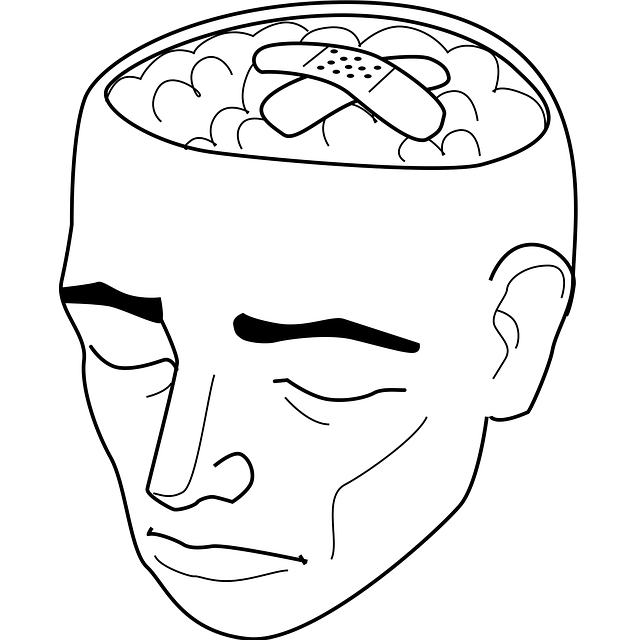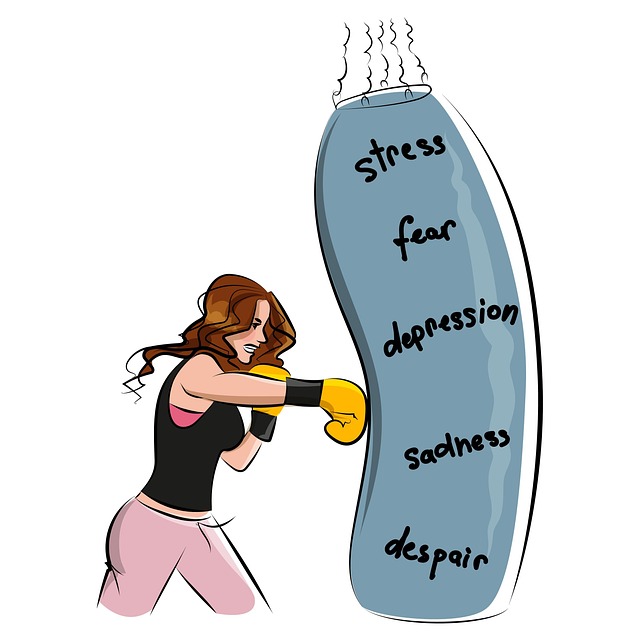Domestic violence profoundly affects young children's development, leading to emotional trauma. Early intervention through tailored programs and mental health education is crucial to mitigate long-term impacts. Public awareness campaigns play a vital role in child protection by educating communities about recognizing and addressing domestic violence. These campaigns should focus on building resilience, normalizing therapy, and providing practical support for affected children. Mental health professionals guide campaign messaging, utilizing data and personal stories while fostering safe spaces for conversations. Measuring success involves tracking help-seeking behaviors and evaluating healthcare provider training to adapt strategies and drive positive change in therapy access for young victims of domestic violence.
Public awareness campaigns play a pivotal role in addressing critical issues like domestic violence, especially its impact on young children. This article delves into the multifaceted aspects of such initiatives, focusing on therapy-incorporated approaches to protect and support vulnerable kids. We explore effective strategies for engaging communities, measuring campaign success, and understanding the profound effects of domestic violence on young minds. By integrating therapy into awareness campaigns, we can foster a safer environment for children.
- Understanding the Impact of Domestic Violence on Young Children
- The Role of Public Awareness Campaigns in Child Protection
- Designing Effective Therapy-Incorporated Awareness Initiatives
- Key Strategies for Engaging and Educating the Public
- Measuring Success: Evaluating the Impact of Campaigns for Therapy and Prevention
Understanding the Impact of Domestic Violence on Young Children

Domestic violence can have profound and lasting effects on young children, shaping their development and mental health trajectory. When children witness or experience abuse in their homes, it disrupts their sense of safety and security, often leading to complex emotional and psychological issues. Therapy for young children exposed to domestic violence is crucial in helping them process these traumatic events and fostering healthy coping mechanisms.
The design of effective Mental Health Education Programs and Trauma Support Services plays a pivotal role in addressing these challenges. These programs aim to enhance Emotional Well-being Promotion Techniques, providing children with the tools to recognize and manage their emotions, build resilience, and develop healthy relationships. Early intervention and support are essential to mitigate the long-term effects of domestic violence on young minds.
The Role of Public Awareness Campaigns in Child Protection

Public awareness campaigns play a pivotal role in child protection by educating communities and fostering an environment that prioritizes the well-being of young ones. These campaigns serve as early warning systems, recognizing signs of potential harm and promoting swift intervention. Through various media platforms, they shed light on issues such as domestic violence, its impact on children, and the availability of support services. By normalizing conversations around these sensitive topics, communities become more equipped to offer therapy for young children experiencing trauma.
Integrating emotional intelligence and mental wellness practices is a key aspect of campaign strategies. Encouraging parents and caregivers to engage in journaling exercises can serve as a valuable guidance tool, promoting self-awareness and healthy coping mechanisms. Additionally, healthcare provider cultural competency training ensures that professionals are attuned to the unique needs of diverse families, facilitating early identification and intervention when signs of child abuse or neglect are observed.
Designing Effective Therapy-Incorporated Awareness Initiatives

Developing public awareness campaigns that incorporate therapy can significantly enhance their impact, especially when addressing sensitive issues like domestic violence. These initiatives should be designed with a deep understanding of the target audience’s psychological needs, particularly for young children who may be witnessing or experiencing abuse. Therapy-integrated campaigns aim to not only raise awareness but also provide tools and support for vulnerable individuals to navigate their emotions and build resilience.
By integrating mind over matter principles and positive thinking strategies, these campaigns can foster a sense of empowerment and self-belief in children affected by domestic violence. Confidence-boosting activities and therapeutic exercises can help them process trauma, improve coping mechanisms, and promote overall well-being. This holistic approach ensures that awareness initiatives not only inform the public but also offer practical support, creating a safer and more supportive environment for those facing domestic violence.
Key Strategies for Engaging and Educating the Public

In developing public awareness campaigns about sensitive issues like domestic violence and its impact on young children, it’s crucial to employ strategies that foster empathy building and engagement. Mental health professionals play a vital role in this process, as they can guide campaign messaging through effective risk assessment techniques. By presenting data and personal stories in an accessible manner, these campaigns can break down societal barriers and reduce the stigma associated with seeking help.
Interactive platforms, community events, and partnerships with local organizations are proven empathy-building strategies. They create safe spaces for open conversations and encourage individuals to recognize signs of distress in themselves and others. Moreover, focusing on burnout prevention among professionals who support survivors can ensure consistent care and advocacy. This holistic approach leverages various tools, from storytelling to collaborative efforts, to offer comprehensive therapy for young children affected by domestic violence, ultimately fostering a culture of understanding and support.
Measuring Success: Evaluating the Impact of Campaigns for Therapy and Prevention

Measuring success is a critical component of any public awareness campaign, especially when addressing sensitive issues like domestic violence and advocating for therapy in young children. Evaluating the impact requires a multi-faceted approach to understand the reach and effectiveness of the initiative. One key metric is the increase in help-seeking behaviors among affected individuals or communities. For instance, tracking calls to helplines, website visits, or social media interactions specific to campaign themes can indicate public engagement and interest.
Furthermore, assessing cultural competency within healthcare provider training, such as Risk Management Planning for Mental Health Professionals, can reveal improvements in service delivery. These evaluations ensure that public awareness campaigns not only raise consciousness but also encourage proactive measures like seeking therapy for young children experiencing domestic violence. By combining quantitative data with qualitative feedback, campaign developers can adapt strategies to better meet the needs of at-risk populations and foster positive change.
Public awareness campaigns play a pivotal role in addressing domestic violence and its profound impact on young children. By combining education, engagement, and therapy-integrated initiatives, we can foster a culture of prevention and support. Understanding the unique needs of vulnerable children and evaluating campaign effectiveness through robust measurement are essential steps towards creating lasting change. Through collaborative efforts and strategic approaches, we can ensure that public awareness becomes a powerful tool in breaking the cycle of domestic violence and providing therapy for young children affected by these traumatic experiences.










